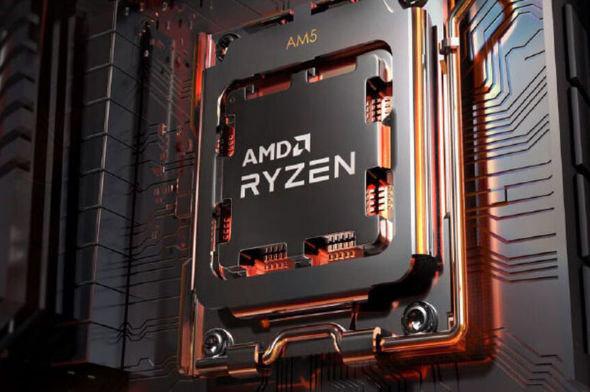Connection to DriversCloud Create a DriversCloud.com account Reset your DriversCloud.com password Account migration
ASRock distributes the first motherboard for Ryzen 7000 for less than $125
AMD promised this several months ago.
Since the launch of the Zen4 generation of AMD processors, there has been one major problem that has limited its distribution to a wider audience: the extra cost of the new platform. Until now, AMD has often had the price element working in its favor compared to Intel. Cheaper processors and more accessible motherboards that had the good taste of being more compatible over time. The release of the AM5 platform has reshuffled the cards and rather in favor of Intel.
Indeed, with this new platform, AMD integrates technical innovations that were previously reserved for Intel, such as support for PCI Express 5.0 and management of DDR5 RAM. The idea is of course to look to the future, but while Intel also offers DDR4 compatibility on its chipsets, this is not the case for AMD, which has to deal with the much higher price of DDR5 memory bars for the same capacity. Aware of the problem, the American company promised that AM5 motherboards would soon be available for less than 125 dollars.
The promise is now a reality, at least in the United States, where the retailer Newegg is now offering the B650M-HDV/M.2 from the manufacturer ASRock for exactly $124.99. This price does not include taxes and there is no question of finding this card in Europe at the moment. However, when it arrives, we can hope to get a price around 150 euros, maybe 160 euros. This is certainly not cheap yet, but the drop is noticeable while the cheapest AM5 models are negotiated around 200 euros in France.
Note that to reach such a price, ASRock has of course turned to the B650M chipset, the most affordable from AMD. In fact, we have to do without the support of PCI Express 5.0 on the main expansion port (x16), which is not too much of a handicap for the moment: no graphics card uses PCIe Gen 5 for the moment and the bandwidth of PCIe Gen 4 x16 is not yet saturated, even by the GeForce RTX 4000 and Radeon RX 7000 generations. In addition, this PCIe Gen 5 is still relevant for SSDs in M.2.







